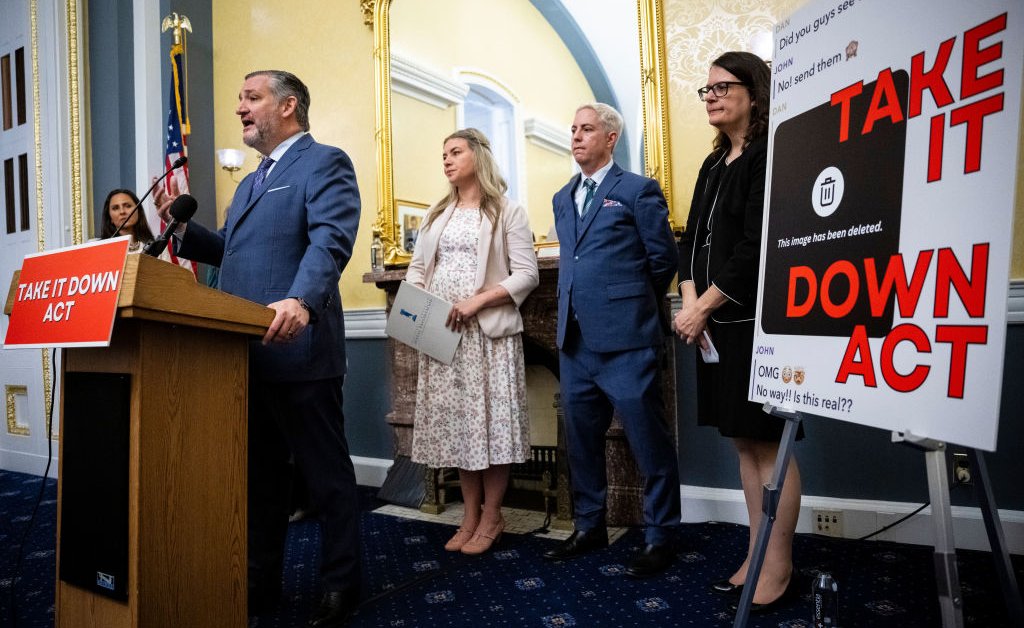In 2024, AI tools became increasingly integrated into people’s lives, but AI lawmaking in the U.S. lagged behind. Despite the introduction of numerous AI-related bills in Congress, many were stalled due to partisan gridlock or being overshadowed by other priorities. A bill in California aimed at holding AI companies accountable for harms easily passed the state legislature but was ultimately vetoed by Governor Gavin Newsom. This lack of action has raised concerns among AI skeptics who fear a lack of regulations could lead to potential harm and hinder innovation.
Industry advocates have successfully persuaded policymakers that excessive regulation could negatively impact the industry, leading to a lack of consensus on passing a comprehensive AI framework in the U.S. Similar to the E.U.’s AI Act in 2023, the U.S. may focus on addressing specific areas of concern individually. As the new year approaches, Congress may attempt to address major AI issues in 2025, focusing on banning specific harms such as non-consensual deepfake porn. This issue gained widespread attention as new AI tools allowed for the sexualization and humiliation of individuals with ease, leading to concerns about privacy and extortion.
Efforts to combat the proliferation of non-consensual deepfake porn faced challenges in Congress, with bills getting stuck at various stages of the lawmaking process. The Take It Down Act, championed by Senators Ted Cruz and Amy Klobuchar to criminalize the distribution of such content, was included in a House funding bill after significant media and lobbying efforts. This bipartisan push highlights the widespread support for addressing this specific AI-related harm, indicating a potential shift towards more targeted legislation to address pressing issues.
The slow progress in AI lawmaking highlights the need for comprehensive regulations to protect individuals and foster innovation. Critics argue that the lack of guardrails in AI development mirrors past issues with privacy and social media, emphasizing the importance of setting up protections from the start. While industry advocates warn against overregulation, proponents of AI regulation emphasize the need to balance innovation with safeguards against potential harms. Finding common ground on discrete areas of concern may be a more feasible approach to addressing AI-related issues in the U.S. in the coming year.
Overall, the intersection of AI technology and legislation presents complex challenges that require thoughtful and proactive solutions. As AI continues to evolve and impact various aspects of society, policymakers must navigate the delicate balance between promoting innovation and protecting individuals from potential harms. The upcoming year may see a renewed focus on addressing specific AI-related issues, such as non-consensual deepfake porn, to establish a framework for responsible AI development and use in the U.S.









